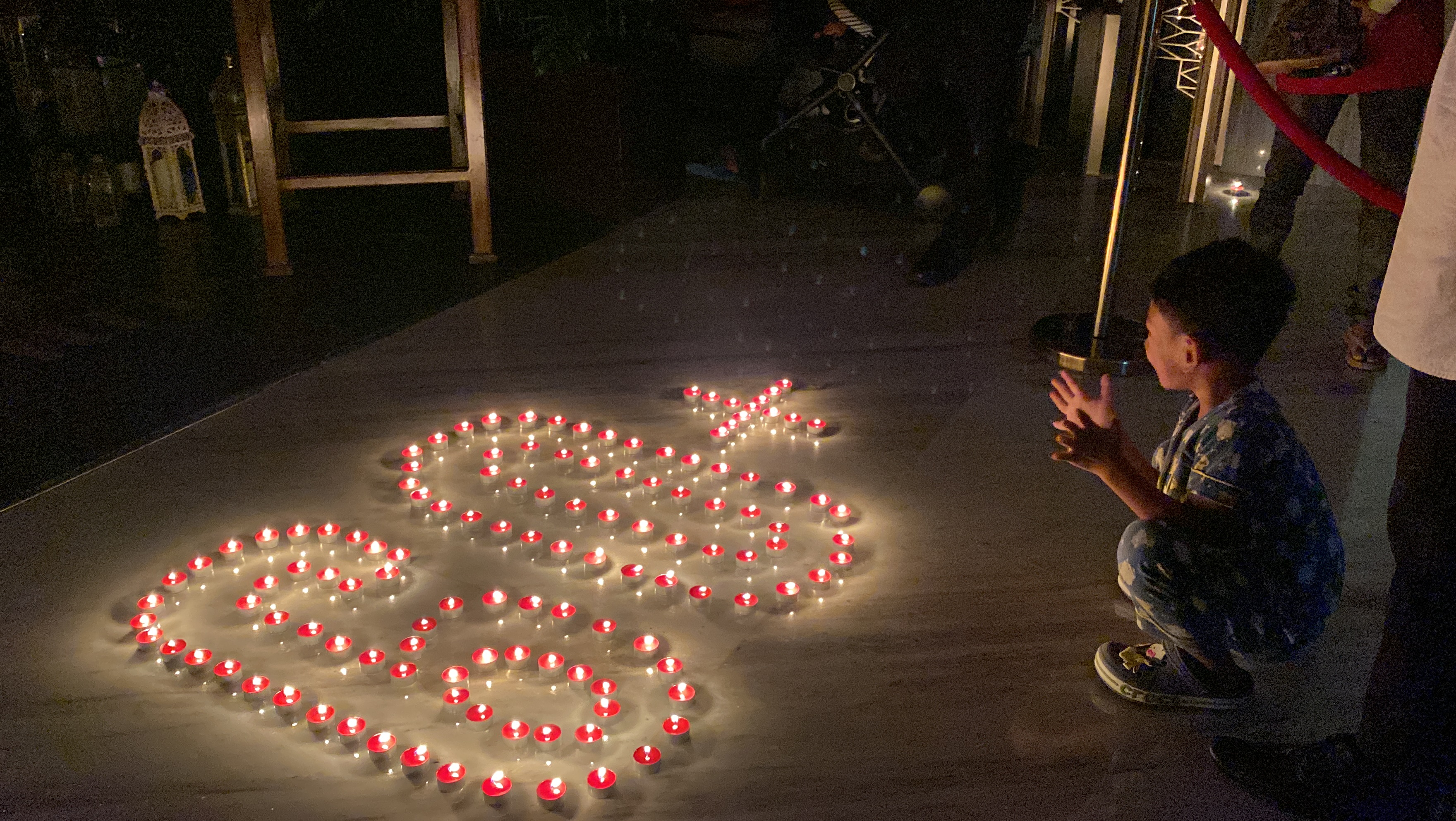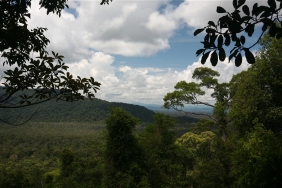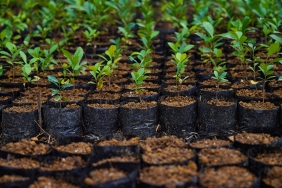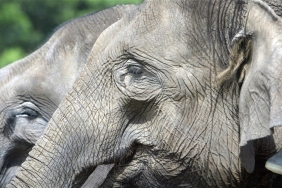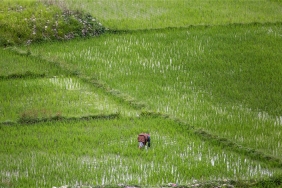#BELIYANGBAIK WORKSHOP BY EARTH HOUR COMMUNITY IN 7 CITIES
The Climate Iniative Institute and the German Government through WWF Germany initiated and managed a program for the implementation of SCP (Sustainable Consumption & Production) in ASEAN specifically in 3 countries namely Indonesia, Thailand and the Philippines. This program is called SCP-TIP, which is affiliated with UNEP's 10 Years Framework Program (10YFP) - Sustainable Food Systems Program. SCP-TIP aims to help encourage communities in the three countries to integrate and apply sustainable consumption and production principles to support national climate change mitigation strategies in terms of politics, business practices and civil society movements. There are 3 main elements of the work: Advocacy to Government; Work with Industry; & Cooperation with Consumers.
As one of the target countries in the SCP-TIP program, Indonesia is not only a producer in global trade but also a world-class consumer. With a population of 250 million, Indonesia consumes more than half of the timber, paper and palm oil products it produces. Therefore, this program will encourage a consumer behavior that leads to responsible consumption. Since 2015 WWF-Indonesia has invited the public to be wise in their daily consumption, through a campaign called #BeliYangBaik. Not only that, #BeliYangBaik also encourages businesses to produce more responsibly and environmentally friendly.
Responsible consumption means paying attention to provenance and staying away from products linked to illegal practices, human trafficking, environmental destruction and the destruction of the livelihoods of local communities. More and more people are living in large cities called 'megacities', which are cities with more than 10 million inhabitants. Worldwide there are 37 megacities, the two largest of which are in Asia, namely Tokyo (39 million people) and Greater Jakarta (31.5 million people). In this program, Jabodetabek, the city of Bandung (2.7 million people) and the city of Surabaya (3 million people) were selected as the program areas.
Based on these facts, WWF-Indonesia together with the Earth Hour community in 7 cities, namely Bandung, Jakarta, Depok, Tangerang, Bekasi, Bogor, and Surabaya initiated workshops and planning activities towards CI-SCP (Consumer Information- Sustainable Consumption & Production) activities that will involve campuses in 2018-2019.
The workshop was attended by the mobilization team consisting of administrators and active Earth Hour volunteers. Participants were invited to discuss the issue map related to SCP in Indonesia, as well as the presentation of Nilsen & WWF-Indonesia research results on consumer and retail perceptions. Through this workshop, a national program and action plan will be born in 7 cities, which will begin in 2018.

